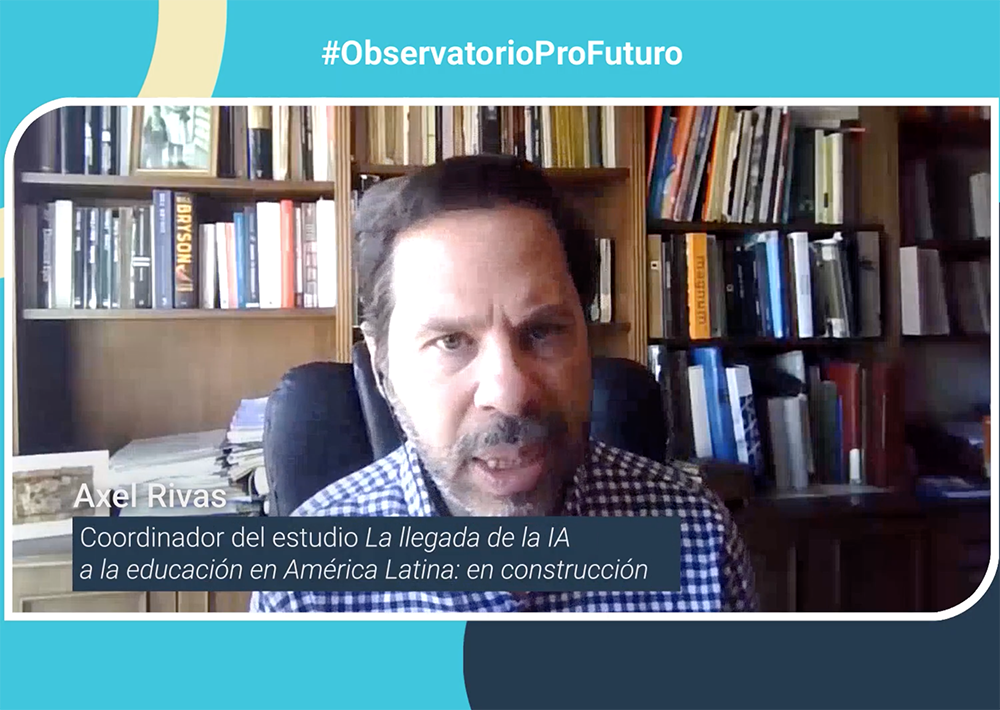It can beat us at chess and in TV quizzes, it can read our faces and recommend films, series and songs, it can predict the risk of cancer more accurately than a radiologist and it’s even said that in a few years’ time it’ll be able to compose the summer hit or write the next best-seller. Artificial intelligence is everywhere and far exceeds the predictions for it made by science fiction authors such as Isaac Asimov and Arthur C. Clarke.
Its potential is unlimited in education. According to UNESCO, AI has the capacity to address some of the biggest challenges facing the field of education today, in terms, for example, of equal access to high-quality education for everyone. However, these possibilities are still largely undeveloped and also entail risks that need to be understood and addressed from the outset. For example, how can we ensure inclusive and equitable use of AI in education? How can we safeguard the transparent and ethical use of educational data? How can we capitalise on AI to improve education and learning?
In the coming year we’ll attempt to analyse all these questions by means of different articles and interviews. For the time being, to whet your appetite, we’ve selected some posts that have already been published in which the ProFuturo Observatory covers the subject of AI and its application to education in vulnerable environments.
Artificial Intelligence in education: challenges and opportunities for development
In 2019, ProFuturo and UNESCO joined forces to produce a working paper addressing the main challenges and policy-related implications of introducing AI into education. The paper also submits some case studies concerning how AI-related technologies can help educational systems to use data to improve quality and equity in this field. You can download the study (in English) here.
Artificial intelligence, education and equity: are we on the right track?
How has the use of AI applied to education progressed? How can we make proper use of its benefits and minimise its risks? How should governments and the authorities address the generation of public policies in this regard? What’s the status of AI in the most vulnerable environments? Experts Robert Hawkins from the World Bank and Wayne Holmes from UNESCO discussed these and other issues at EnlightED 2021. We summarise their conclusions in this post.
Artificial intelligence and computational thinking as allies in the fight against educational inequality
One of the major challenges involved in introducing AI into education is ensuring that it doesn’t contribute to widening inequalities still further and instead helps to eliminate them so that children from vulnerable backgrounds can thrive in the future. The teaching of computational thinking plays a key role in this respect. What should be taken into account from a public policy standpoint in order to prioritise the two issues on their agendas? Find out more in this post.
AI to put an end to inequality in access to high-quality education: RoboTutor
An excellent example of how AI can help to improve educational outcomes for children in vulnerable environments is RoboTutor, an app for tablets designed to offset the shortcomings of children aged 7 to 10 with little or no access to school by teaching them reading, writing and basic arithmetic without an adult’s support. RoboTutor uses speech and handwriting recognition, facial analysis and machine learning. It also collects data from its interactions with the children to enable the virtual tutors to adapt to each student and activate innovative data mining tools with a view to constantly evaluating and refining their design and functions. You can read more about it in this post.






